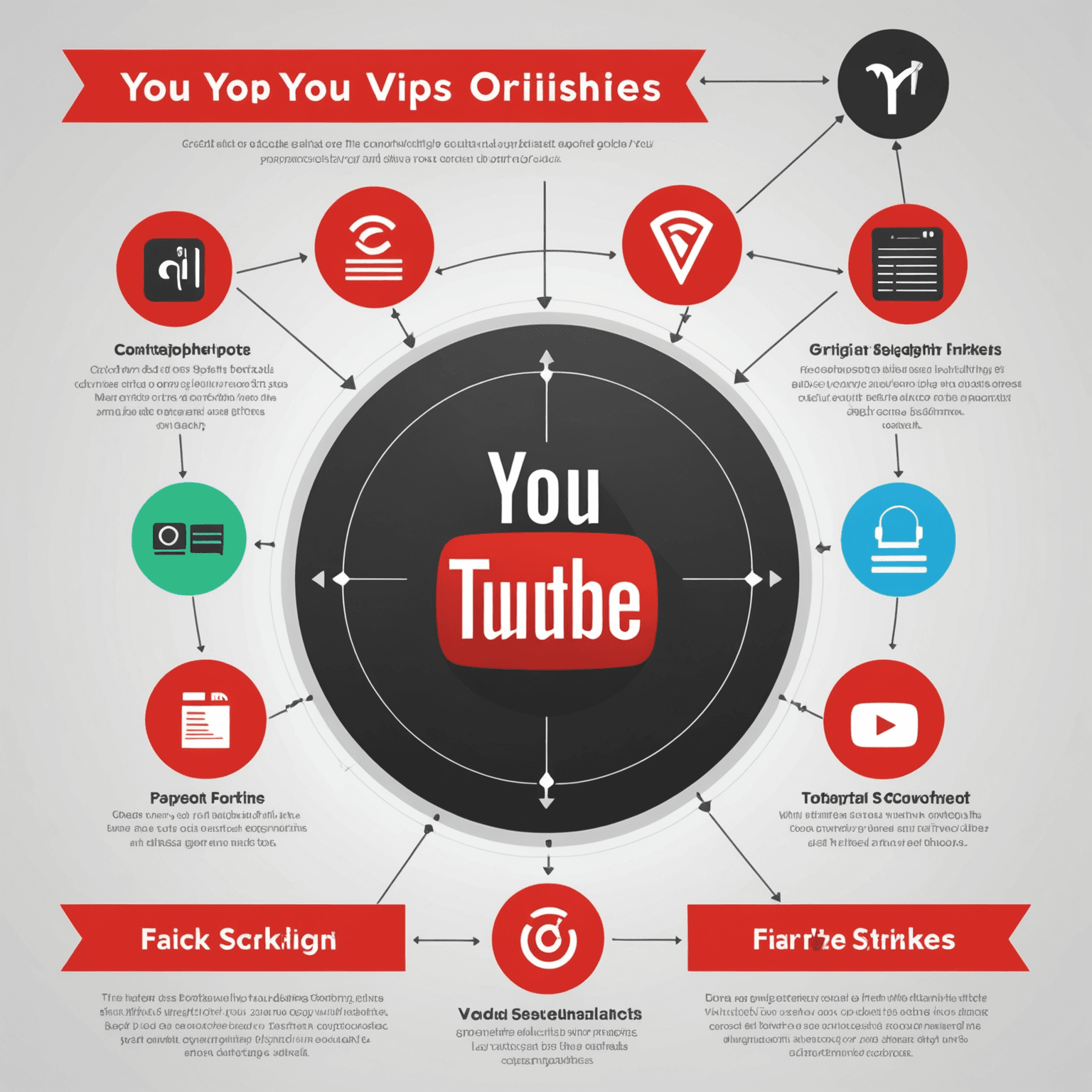How to Know If a Song is Copyrighted

If you're a musician, songwriter, or content creator, protecting your work and understanding copyright laws is crucial. The digital era makes publishing and sharing music easier than ever, but it has also introduced a host of copyright regulations that can impact how you use and share music across various platforms.
Navigating copyright law ensures your work remains safe and that you avoid the potential pitfalls of misusing copyrighted content.
Why Copyright Matters for Music
It's no secret that platforms like YouTube, Spotify, and Instagram have strict copyright enforcement. Using a copyrighted track without permission could lead to:
- Videos being removed or muted
- Loss of monetization opportunities
- Potential legal disputes
Protecting your original music is equally important. Registering for copyright ensures only you—or those you license—can distribute or use your work.

What is Copyright?
Copyright is a type of intellectual property law that gives creators exclusive rights to use, distribute, and license their original works. In music, this means:
- The creator (or rights holder) controls reproduction and distribution
- Others need permission or a license to use the song
- Licensing can generate royalties for the rights holder
Nearly all published music, including home recordings and handwritten sheet music, is protected under U.S. copyright law. Always assume a song is copyrighted unless you verify otherwise.
How to Check if a Song is Copyrighted
Before including music in your projects, follow these steps to determine its copyright status:
1. Use Free Copyright Checkers
There are dedicated tools and public domain lists to help you identify if a track is free to use, including:
- PD Info Public Domain Music: Search for song titles to see if they're public domain
- Various audio content platforms with copyright check capabilities
2. Explore YouTube’s Audio Library

YouTube offers an Audio Library where you can check copyright status:
- Access YouTube and navigate to Creator Studio
- Click on 'Audio Library' from the dashboard
- Use the search box to enter the track name
- Review the copyright policies provided for each song
This tool is valuable when preparing content for upload, as YouTube clearly states the restrictions for each piece of music.
3. Verify on Music Streaming Platforms
Spotify hosts both copyrighted and non-copyrighted content, but has no direct copyright checker. Instead:
- Open the song on Spotify
- Click on the three dots next to the track
- Select ‘Show credits’
- If you see credits for writers, performers, or producers, the song is almost certainly copyrighted
4. Check YouTube’s Music Policies
YouTube’s Music Policies page allows users to search directly for a song or artist and see:
- Monetization: Rights holder allows use, but may monetize your video via ads
- Blocked in Some Countries: Song is restricted in specified regions
- Blocked Worldwide: The song cannot be used; the video may be muted or removed
This resource provides clarity on what to expect if you use commercial tracks.
Learn more about YouTube’s copyright policies
5. Browse Public Domain and Creative Commons Music

Some tracks are not subject to copyright due to age, licensing, or special status:
Songs in the Public Domain
- Typically, sound recording rights expire 70 years after release
- Publishing rights expire 70 years after the songwriter’s death
- Songs listed in the public domain can be used anywhere without permission
Creative Commons Licensed Music
- These tracks are free to use, but usually come with conditions (such as crediting the creator)
- Always check the specific license for requirements
- There are six types of Creative Commons licenses, each with unique rules
Explore Creative Commons Licenses
Royalty-Free Music
- Purchase once, use forever—no repeated licensing negotiations required
- Not necessarily free, but a one-time fee simplifies use
- Great for ongoing content creation without worrying about additional permissions
When Music Isn’t Copyrighted
While it’s safest to assume a song is copyrighted, here are exceptions:
- Public domain songs (often classics or very old recordings)
- Music released under specific Creative Commons licenses
- Royalty-free tracks after a one-time license payment
Before using any piece, always verify its status. Mistakes can result in content removal or other issues.
Final Thoughts
Understanding copyright not only protects your own creative work but helps you avoid legal trouble when using others' music. Be proactive:
- Double check track status before use
- Use official libraries, check credits, or refer to public domain resources
- Respect creators by acquiring the appropriate rights or licenses
Keep your projects safe—and your creativity thriving—by staying informed about music copyright.



